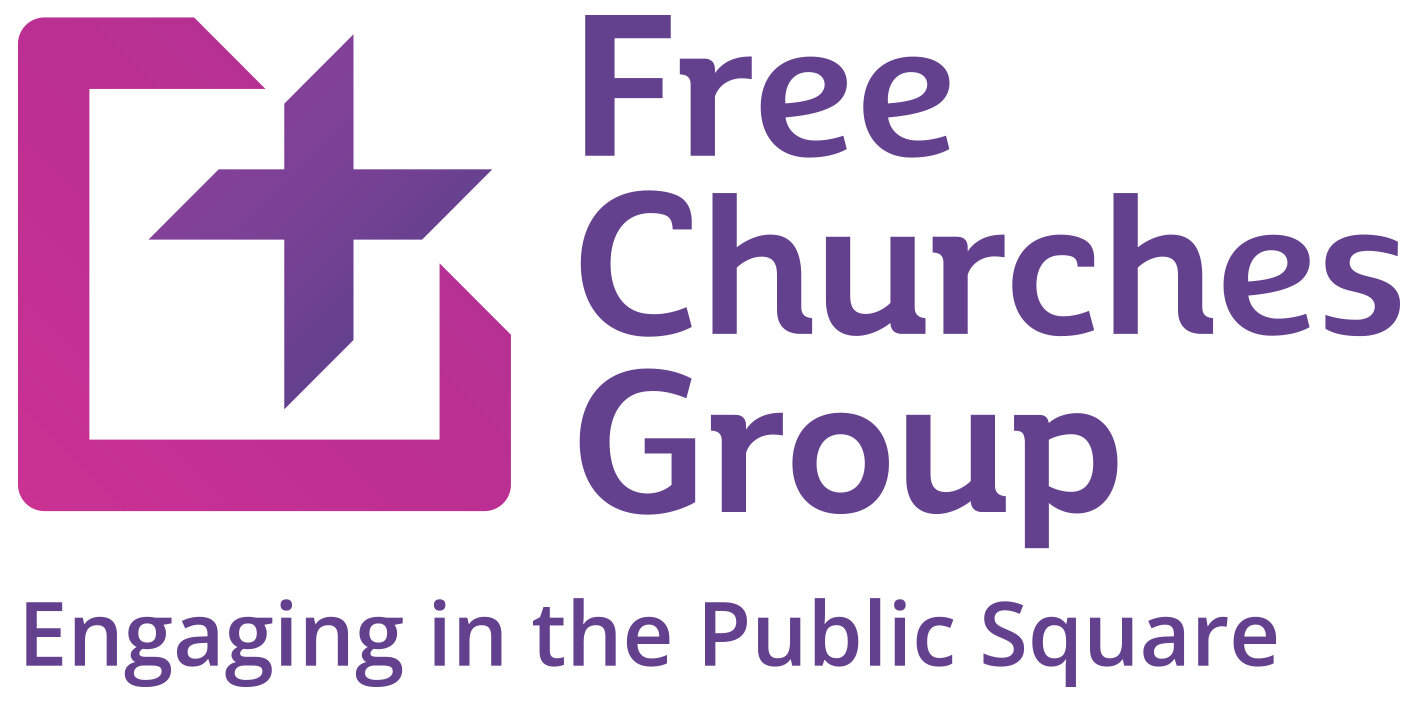Social cohesion and ‘loving our neighbour’ matters, and it matters at all times and in all circumstances. A recently published report by the Free Churches Group, prepared by Theos Think Tank, says that all too often policy makers have only taken steps towards social cohesion in times of challenge and when faced with crises. This ground-breaking and thought-provoking report goes on to say, “policy interventions in pursuit of greater social cohesion have usually been driven forward by crisis, and therefore predominantly focus on what happens when things have already gone wrong.”
Well, of course, it is important to address things which have been identified as affecting community relations, when we see things have gone awry, yet perhaps it is even more important to consider how neighbourliness and matters of social cohesion might be addressed and enhanced in everyday life. After all, this will help to build stronger foundations for times of adversity and challenge; if policies are in place which equip and empower neighbourhoods and faith groups, then this can pave the way for fostering better social cohesion in the good and the tough times.
“We find that churches are often working quietly and concertedly to enhance their communities.”
It’s encouraging to know that churches are there for us, in all times and in all weathers, so to speak! The report affirms that, “we find that churches are often working quietly and concertedly to enhance their communities” not just in emergencies, but in everyday life too.
We know that in recent times, during the pandemic, that our churches and community groups have had to work differently; to plan and respond in ways that perhaps have been very different for us, but respond we have! Abundantly! And this is in part because of the passionate people who relentlessly serve in churches. Yet it is also because churches have established a network of contacts who can be called on in times of trouble. Each one of us will be able to call to mind some remarkable act of compassion or generosity which a church has carried out in recent times. It is because, as Christians, we are called to love our neighbour as ourselves. Churches just go on doing what they do purposefully and steadily in all times; when there are times of challenge, they step up and adapt in amazing ways.
It reminds me of the parable of the wise and the foolish builders. Houses built on rock do not fall, even in times of storm, whereas houses built on sand come down with a great crash (Matthew 7:24-27). So we see that the resolute and committed work our churches do, to build social cohesion, really comes to the fore in times of crisis, but it is because the foundations of the churches are well crafted and securely built, being established over time, that really makes the difference.
The report is full of case studies and quotes gathered and shared from interviews with many different church leaders and community members.
A church leader from Derby says social cohesion is “kind of the leaking out of loving your neighbour… I think you will find that individuals will visit people who are sick, will stay in touch with people who are housebound, will set up little coffee mornings, and you know. It just is the lifeblood of the church. It’s what it does. Because it’s about loving your neighbour, really.” That ‘lifeblood of the church’ and the fact that it offers support and builds relationships, in all times, means that it can work even more co-operatively and effectively in times of crisis!
Danny Kruger MP, in commending the report, says that the church is unique in how it does this because of “its national breadth, its local depth” and “the diversity of its activity.” He goes on to say, in his endorsement of the report, that the church plays a vital role “in building connected, more unified communities.”
We might liken churches to trees with strong roots, which grow and deepen over time, and that have branches that reach out to shelter us and to sustain us… the report asserts from its findings and conversations that, “The emotional and symbolic reach of church buildings points to the fact that churches are not only embedded physically, but socially, in their communities…. one church leader strikingly described churches as the “capillary” level of the community. Capillaries form the circulatory network which delivers nourishment at a scale unreachable by other means, making life possible.” What a great analogy! Churches reaching parts of our communities that are unreachable by many others and churches making life possible… so however we work towards social cohesion, we know it is for life, not just for crises…. And churches are the way to build it. What are we waiting for!?
To go deeper, download our ‘How To’ guides and the full report:
Blog by Rev Sara Iles, FCG Media Support Officer & Minister with the Congregational Federation






